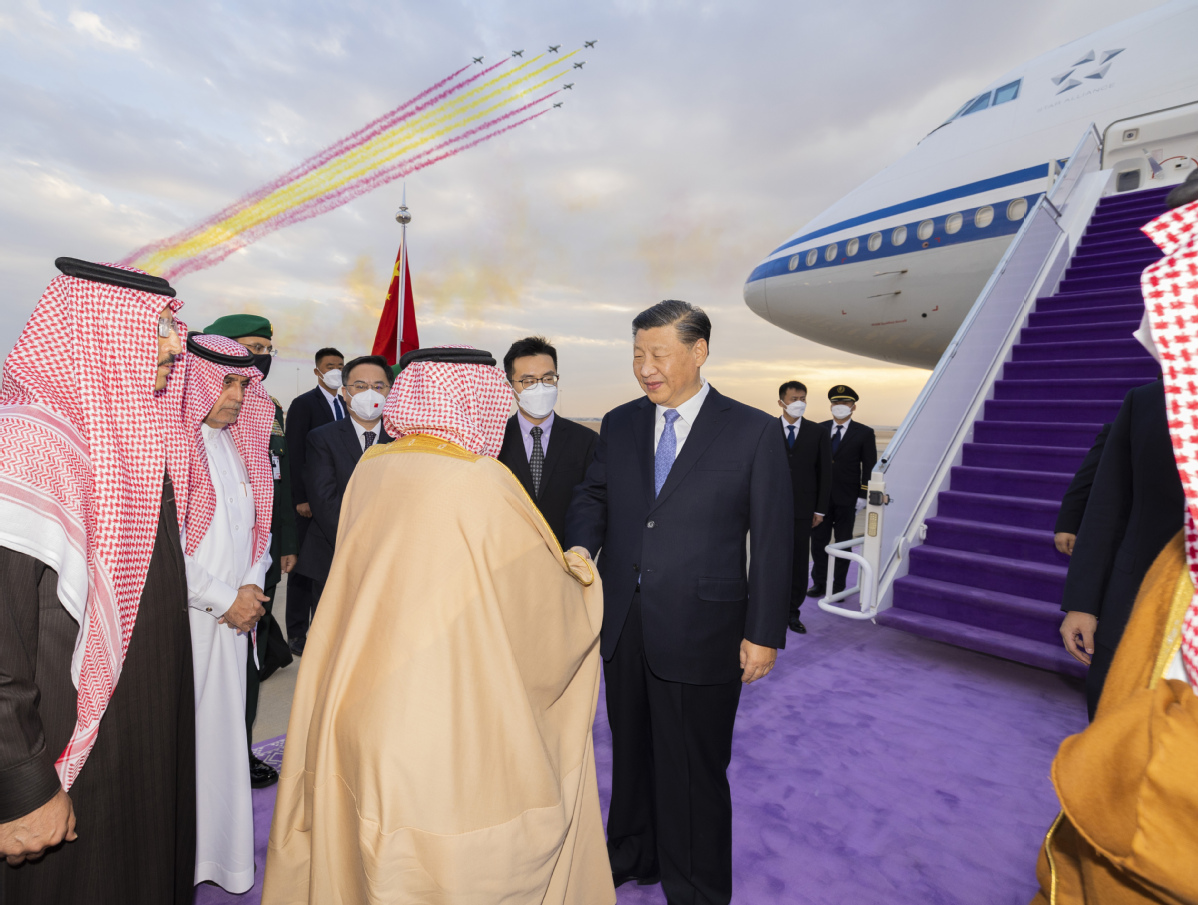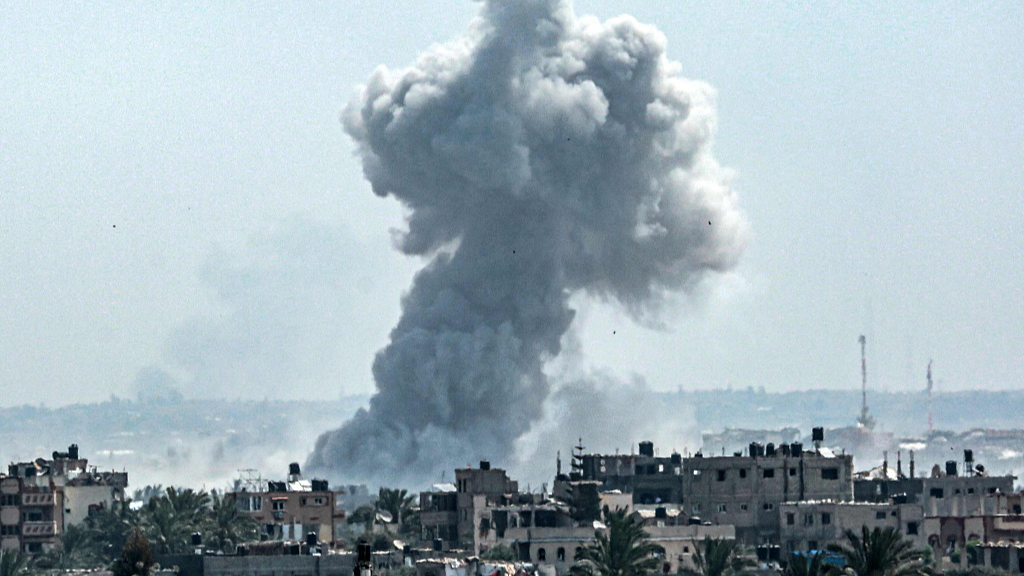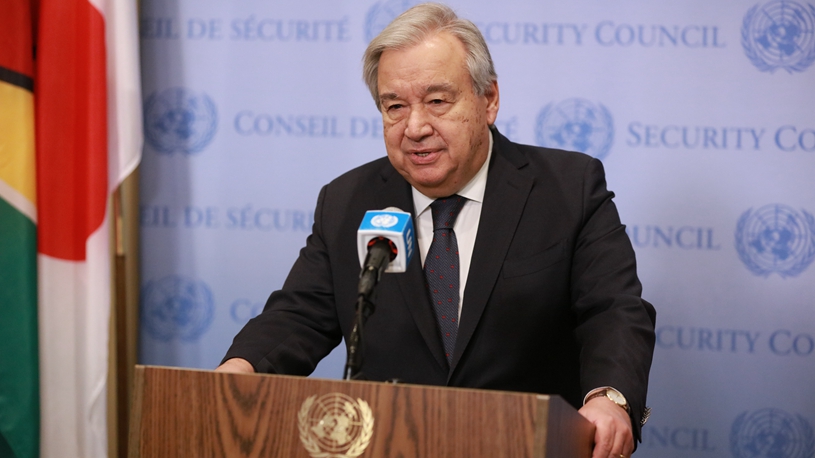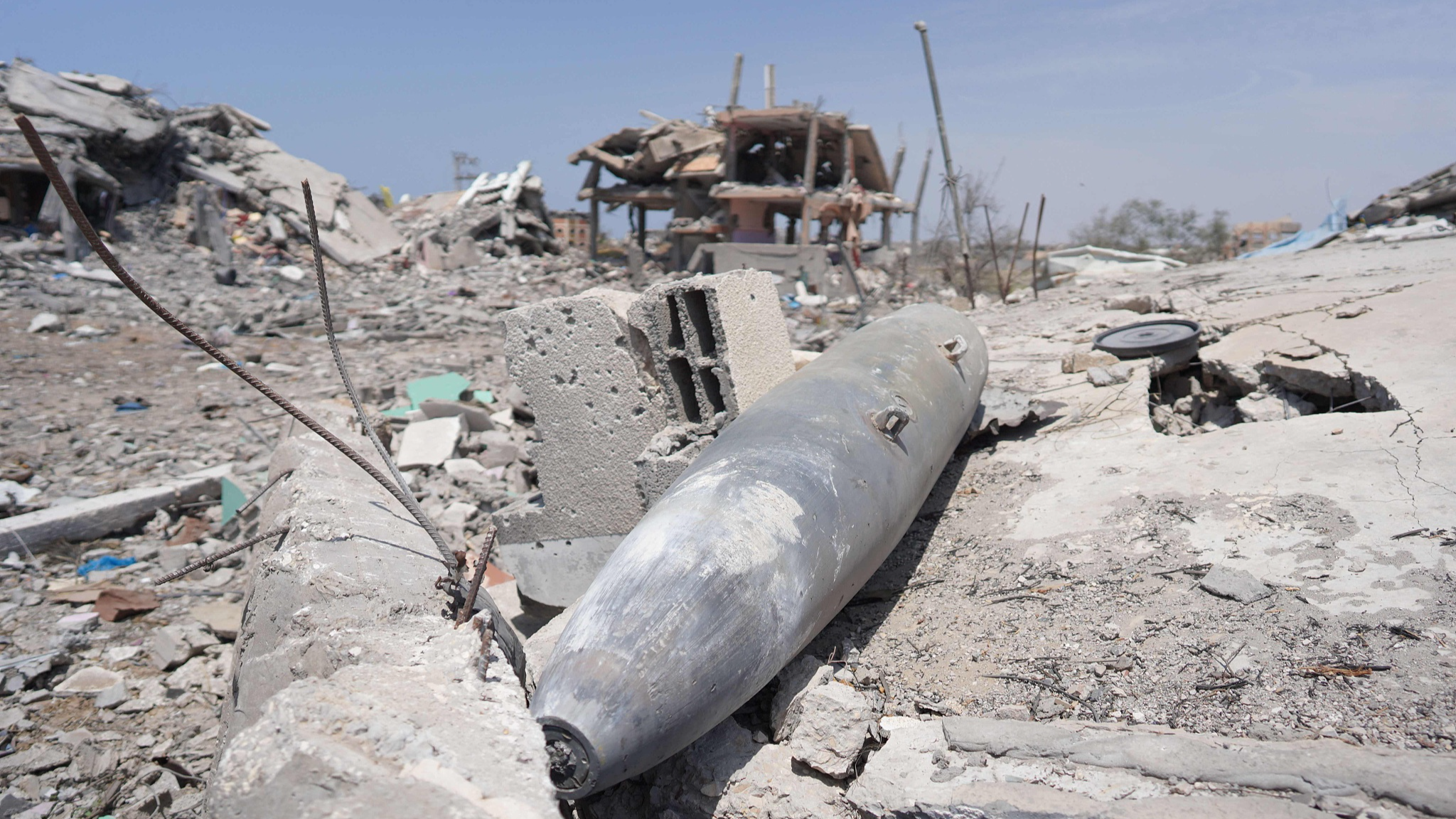China, Arab states to set blueprint for growth, teamwork
Unity and collaboration between China and Arab nations is set for a significant boost after President Xi Jinping arrived in Saudi Arabia’s capital, Riyadh, on Wednesday for a state visit.
During his four-day Middle East trip, Xi will attend two important conferences — the first China-Arab States Summit and the first summit of the China and Gulf Cooperation Council.
China and Saudi Arabia are good friends, partners and brothers, Xi said in written remarks upon his arrival on Wednesday.
The two sides have always understood and supported each other over the past 32 years, during which strategic mutual trust has been consolidated and pragmatic cooperation has yielded fruitful results, Xi added.
As the world grapples with the COVID-19 pandemic and challenges to a global economic recovery, China and Arab countries will use Xi’s visit to step up support for each other’s self-reliant development, bolster post-pandemic prosperity, and advance peace and stability in the region, observers said.
The China-Arab States Summit is the first opportunity for face-to-face communication between leaders since the outbreak of the pandemic, Chinese consul-general in Dubai, Li Xuhang, told local media. It is also the first major multilateral diplomatic event co-chaired by China after the conclusion of the 20th National Congress of the Communist Party of China in October, he added.
“The summit constitutes a major diplomatic action of the largest scale and highest protocols intended for the Arab world since the founding of the People’s Republic of China, and will become a milestone in the history of China-Arab ties,” Foreign Ministry spokeswoman Mao Ning said on Wednesday.
The two sides will map out a blueprint for future cooperation, and render each other firm support, promote common development and defend multilateralism, Mao said.
In the first nine months of this year, bilateral trade was $319.3 billion, a year-on-year increase of 35 percent, according to a report issued by the Chinese Foreign Ministry on Friday.
In addition to constantly deepening collaboration on traditional energy, the two sides have also made breakthroughs in “high-end, cutting-edge technology domains”, such as 5G telecommunication, nuclear power, aerospace and satellite technology, according to the report.
Yu Zirong, vice-president of the Chinese Academy of International Trade and Economic Cooperation, said economic and trade cooperation between China and Arab countries has witnessed remarkable achievements since the China-Arab States Cooperation Forum was founded in 2004, and the introduction of the Belt and Road Initiative in 2013.
“The two sides should intensify efforts in advancing negotiation on a China-GCC free trade zone, further optimize the trade structure between them, tap into emerging areas for investment, and upgrade their collaboration on infrastructure,” Yu said.
The Gulf Cooperation Council, which was founded in 1981, consists of Bahrain, Kuwait, Oman, Qatar, Saudi Arabia and the United Arab Emirates. China established relations with the grouping in 1981.
In recent years, two-way cooperation on the economy, trade, finance, energy, technology and culture has rapidly increased. The two sides started negotiation on a free trade agreement in 2004.
The upcoming China-GCC Summit will be the first time that leaders of China and GCC countries gather in person to discuss future plans.
The summit is expected to carry forward the China-GCC traditional friendship, enrich strategic China-GCC ties and lift relations to a higher level, said Mao, the spokeswoman.
Wang Guangda, secretary-general of the China-Arab Research Center on Reform and Development and a professor at Shanghai International Studies University said, “China’s presence in the Middle East region is not to fill a geopolitical blank there, but to promote peace, facilitate dialogues and achieve common development”.
Xi arrived in Riyadh on Wednesday for his second visit to Saudi Arabia since 2016.
The Saudi Press Agency said on Tuesday the visit will “bolster historic ties and strategic partnership between the two countries”.
Currently, China is the top trade partner of Saudi Arabia and the Middle Eastern country is China’s largest source of oil imports.
“In recent years, the two countries have jointly advanced the synergy of the Belt and Road Initiative with Saudi Arabia’s Vision 2030 blueprint, and they have achieved fruitful outcomes, benefiting the people of both countries,” Chinese Ambassador to Saudi Arabia Chen Weiqing said in an article published last month.
During his visit, President Xi will hold talks with King Salman bin Abdulaziz Al Saud and Crown Prince and Prime Minister Mohammed bin Salman Al Saud to “exchange views on bilateral ties and issues of common concern, taking China-Saudi Arabia comprehensive strategic partnership to a higher level”, said Mao.
People in Saudi Arabia have high expectations for the leaders’ meetings as cultural exchanges and economic cooperation have made solid progress, especially under the BRI.
Yousef Al Balushi, a sales and marketing director in Riyadh, said China’s development has been beneficial for the region. It represents the future, and many local parents want their children to study Chinese, he said.
Mark Refaat, an engineer working on a hotel project in Riyadh, said they have just finished a large complex in the capital, which features Chinese quarters among others. He added that China’s infrastructure strength is impressive.
Willa Wu and Wen Zongduo in Riyadh contributed to this story.
Source(s): China Daily
Contact the writers at zhangyunbi@chinadaily.com.cn

 News7 days ago
News7 days ago
 Sports5 days ago
Sports5 days ago
 World6 days ago
World6 days ago
 News4 days ago
News4 days ago
 World7 days ago
World7 days ago
 World5 days ago
World5 days ago
 News6 days ago
News6 days ago
 Travel & Culture6 days ago
Travel & Culture6 days ago
























